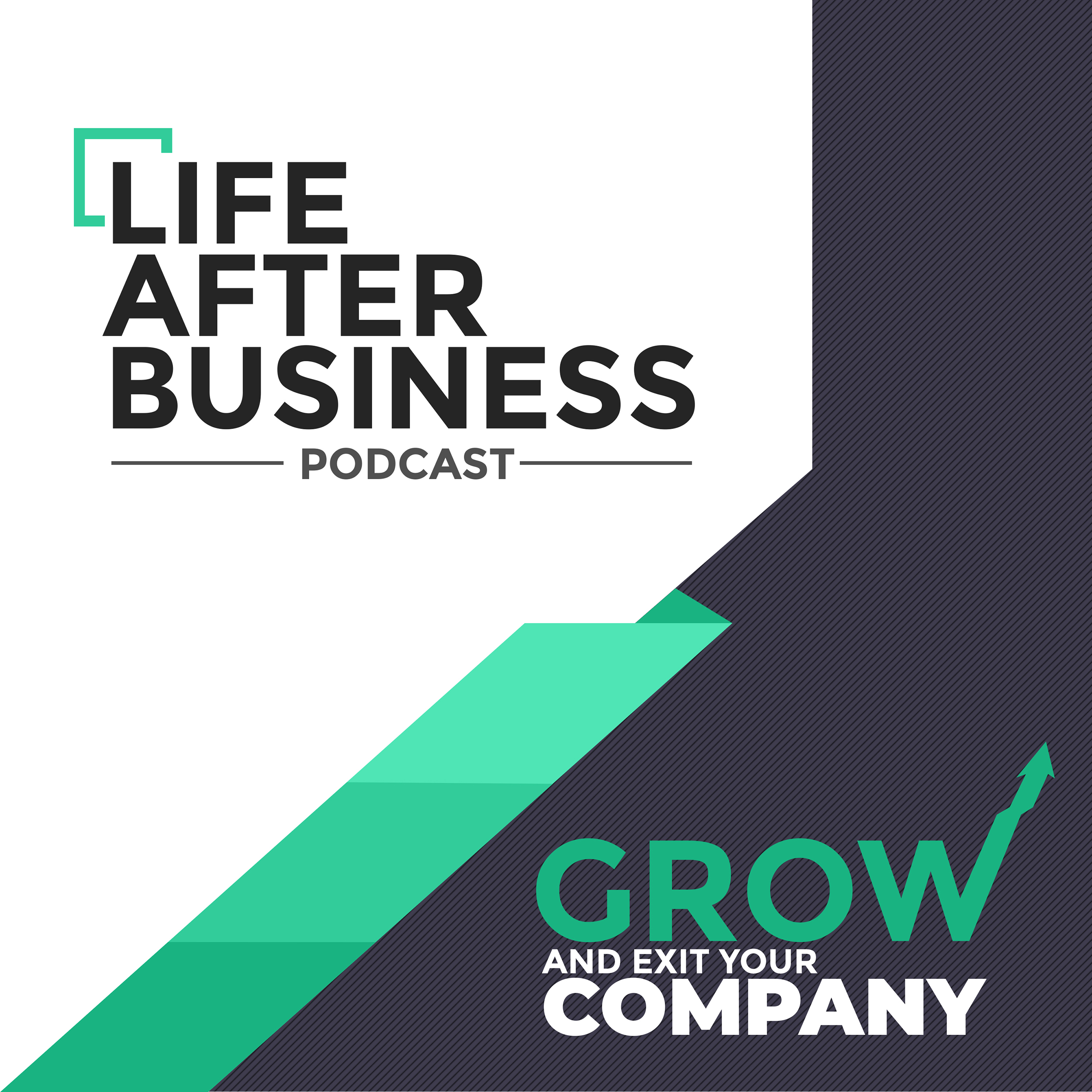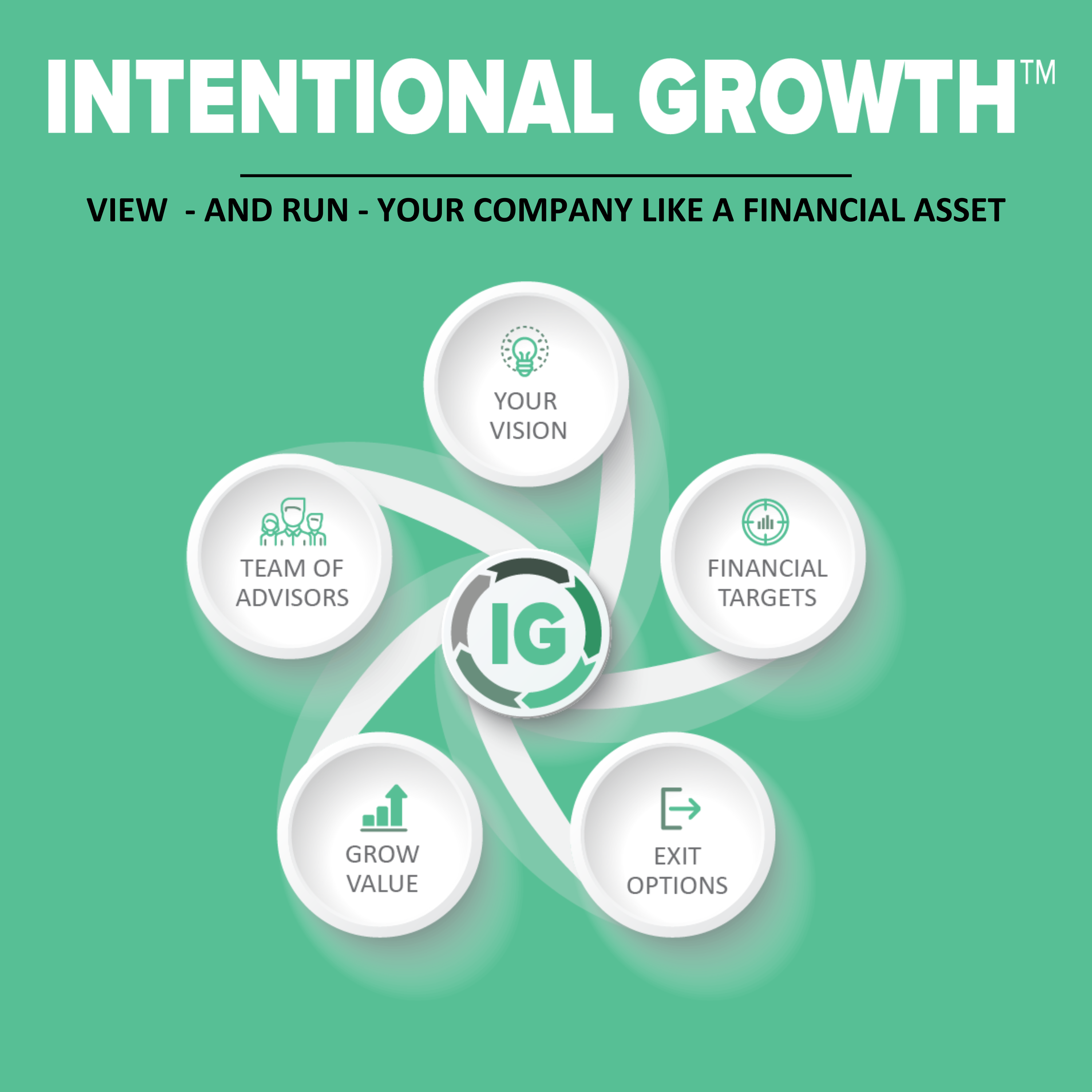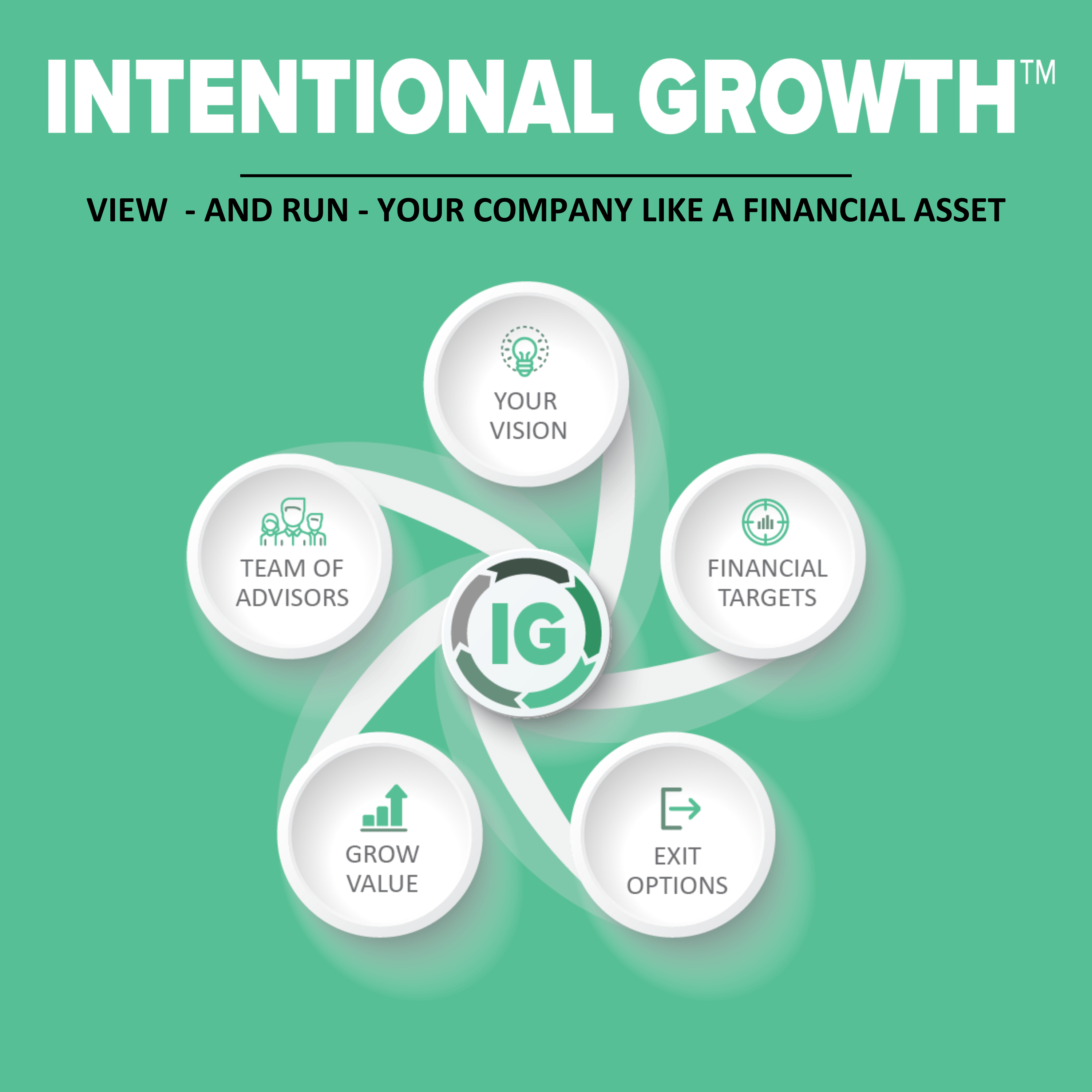Have you ever wondered what the entrepreneurship journey looks like? There are a lot of components! Today we’re going to be talking to Kelly Caldwell. Kelly is a successful entrepreneur who started with a wildlife science degree and working in a zoo and ended up growing her business to $25 million in revenue and then sold it to a public company. She’s got a great story, and you won’t want to miss it!
The entrepreneurial process is different for each of us, this is true. However, there are some core similarities all entrepreneurs share: we start with a passion to do or fix something, discover a niche for it and then exploit that opportunity in the best way possible.
Meet Kelly Caldwell, co-founder of AK Environmental, who saw the opportunity to delve into the niche market of environmental assessments (predominantly for the energy industry), and who managed to have a successful exit from her company 12 years later. So how did she do it?
As with all great entrepreneurs, Kelly recognized her limitations. She entered into a partnership with her friend Amy who had strengths in the areas Kelly did not — Amy did sales and client retention, all the business-building stuff, and Kelly tackled the financial side. Each was incredibly happy with this setup since it played to their natural talents and interests and kept them working together.
To top that off, they had excellent communication. Throughout their entire business relationship, they kept the communication lines open for everything from run-of-the-mill business issues to more complex conversations about future development and exit planning. Amy, for example, was ready for retirement after the ten year mark; Kelly was ready to exit the company, but unsure if she would continue working after or not. The two of them had open and honest conversations about the situation and came to the mutual decision of selling their company — provided they could find the right buyer.
The one thing that Kelly has said she regrets from her experience as a business owner is not bringing in the support system she needed earlier on. As entrepreneurs, we’re used to doing everything ourselves. We love the control, and some of us thrive off the stress. But over time, this becomes a bad business strategy since you’re limiting yourself in two ways: 1) You’re stopping yourself from growing and exploring other options, personally and professionally, since all of your own resources are tied up into this one thing; and 2) You are limiting your business by not encouraging growth past your own skillset which also makes it a less desirable target to potential acquirers.
However, Kelly made a smart move and brought in an investment banker to give her some advice on how to progress the business with a sale in mind. She also worked with a M&A advisor and M&A accountant who were able to give her the technical advice she needed to protect herself and her business at time of sale. Her biggest piece of advice for business owners is to build up a team that can support you and help you grow professionally, who are experienced in areas you are not and who can provide you with the information and advice you need to be a more successful business owner on all fronts.
Secondly, she suggests going through a dry run of the sales process. Now, truly, not all of us are going to be approached by the 20 companies she and Amy were when they let it be known they were ready to sell AK Environmental. However, when it does come time for you to put your business on the table, if you get a surprise early offer (or an unsolicited one like Kelly received) you should go through the process of selling just so you know what it looks like.
Kelly and Amy received a surprise offer that gave them the opportunity to explore the sale process. They saw what a competitor saw their face value was (or at least saw what this early indication of interest looked like) and were able to then tailor the process to their needs afterwards. No, they didn’t sell to this company; but they did go through everything from due diligence to negotiations just to feel it out and learn their lessons early before it became mission critical to do so.
This experience cost them money. Of course it did! You get what you pay for, however, and they were able to utilize what they learned when it came time to truly sell. And they then got to overview 20 offers, sit down with 15 contenders, and finally decide between three companies. Their final choice was the best fit for their timeline, personal financial goals and business continuity goals. Kelly approached the situation in an intelligent manner with her advisors behind her and her vision of her exit before her.
Now, she does suggest a few things in terms of the sales process which she learned (from her advisors) and completely agrees with. One of those things is: Selling your business is Need-to-Know Only! While you may feel guilt over this, the reality is that your staff will be in a better position if they don’t know the company is for sale — provided you have followed the above steps and kept your business’ continuity in mind during the process. Why? Because nervous people jump ship. Nervous people worry that when the company is sold, their job is sold as well. However, if you are mindful during negotiations and secure your personnel’s jobs, your staff will be able to maintain their positions afterwards.
The other thing she suggests is be as clear as possible about your exit goals. Life after business doesn’t have to be a complete unknown. You can keep on as an advisor for the company, or even in an augmented version of your original role, if you so choose. The best thing to do here is listen to your advisors when they tell you what’s realistic from the exit and to yourself and your family in terms of what’s best for you.
We’ll leave you with one more thought: As an exiting business owner, as an entrepreneur giving up your baby, you’ll need to come to terms with the impending loss of control. It’s remarkable how personally attached you get to your business; however, it is going to grow without you. Chances are, you’ve taken it as far as you can and it is now ready to develop on its own. This is the most successful outcome for any business, and you should congratulate yourself for getting your company there! Plus, if you really feel like you’re not done, you can always start another one.
Solidity Financial
Kelly on LinkedIn
Kelly Caldwell is a successful entrepreneur who has held jobs ranging from Senior Vice President at a publicly traded company to Elephant Rider at a zoo show. She is a proud mother to two wonderful daughters, a happy wife to her husband and a semi-retired mentor and speaker. She is proud to have built a business that employed nearly 200 people and received national recognition but she would much rather tell RV stories or help others follow in her entrepreneurial footsteps.
In 2002, while working at a large engineering firm, Kelly and a Senior Project Manager, Amy Gonzales, decided to form their own company. AK Environmental was founded out of the frustration of working through the bureaucracy of a large company to service the clients Amy and Kelly had relationships with. Clients noticed. Soon this two person operation grew to over 175 employees. Organizations like INC Magazine, Ernst and Young, Zweig White, and Women Presidents’ Organization recognized AK for their growth. Ultimately, in 2014, publicly traded company NV5 purchased AK.
Kelly is now semi-retired and working in real estate investment. She is proud that she started a business at 25 years old and sold it before reaching 40. That has provided her a platform to help others fuel their passion to be entrepreneurs by mentoring with several organizations, angel investment, and public speaking. Kelly is always looking for the next opportunity but it may include an RV trip.

St. Paul & Minnesota Foundations (SPMCF) helps charitable organizations and investors determine the purpose of funds and measure their impact. It gives funds to...

Ep.#2 [THEME EIGHT] The question “what is my purpose?” is searched over 5,000 times on Google globally each month. It seems like every media...

A huge challenge I see business owners encountering right now is the decisions that need to be made on how to balance the interests...